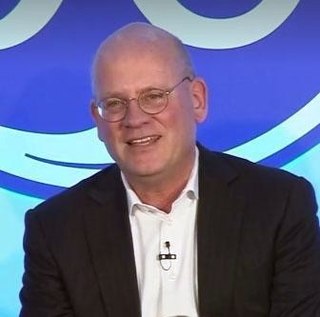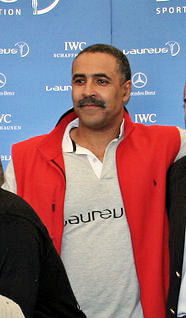A Quote by John L. Flannery
I have a long history of looking at things from an investor's perspective by training and background.
Quote Topics
Related Quotes
Another thing is, people lose perspective. It is a cultural trait in America to think in terms of very short time periods. My advice is: learn history. Take responsibility for history. Recognise that sometimes things take a long time to change. If you look at your history in this country, you find that for most rights, people had to struggle. People in this era forget that and quite often think they are entitled, and are weary of struggling over any period of time
Music expresses feeling, that is to say, gives shape and habitation to feeling, not in space but in time. To the extent that music has a history that is more than a history of its formal evolution, our feelings must have a history too. Perhaps certain qualities of feeling that found expression in music can be recorded by being notated on paper, have become so remote that we can no longer inhabit them as feelings, can get a grasp of them only after long training in the history and philosophy of music, the philosophical history of music, the history of music as a history of the feeling soul.
I was in the doldrums for a while after my athletics career ended in 1992. I spent six to eight hours a day training, for 18 years, and it took a long time to get over the regret that I wasn't competing in major championships any more. All I ever wanted to be was the best. But I find new projects and I keep things in perspective.
There are so many people who have a training in art history; and if you've spent time looking at old art, you become attuned to what art does through materiality and so you begin to look to that in contemporary art as well. And anyway, I do think that matching one's experience with what you're looking at and questioning what you're looking inevitably involves materiality, just like it involves the sense of place.


































